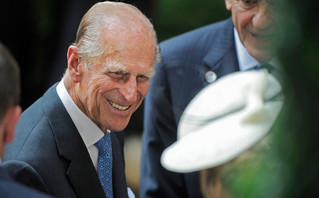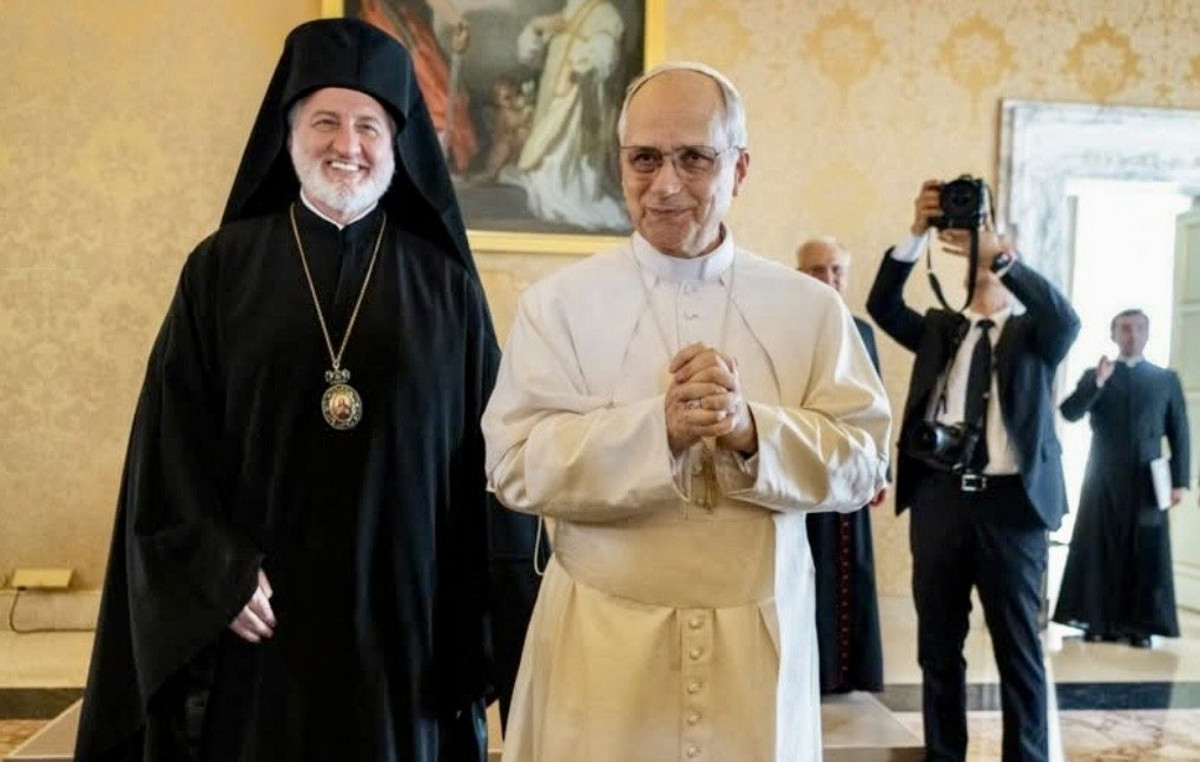For at least 90 years, his will Prince Philip will remain secret in order to protect her “dignity and status” Queen Elizabeth, states a decision of the Supreme Court.
A contract that has been in force for more than a century stipulates that with the death of a senior member of the British royal family, the courts are called upon to seal their wills. Which means that, unlike most wills, that of the Duke of Edinburgh will not be open to public scrutiny.
There will be a private process in 90 years to decide if it can be unsealed, reports the BBC.
The hearing on the request to seal the will was also held privately in July by Sir Andrew McFarlane, Chief Justice in Family Law.
The judge heard arguments from lawyers representing the duke’s estate and from the attorney general, the government’s chief legal adviser. His decision was published yesterday, Thursday.
Sir Andrew said he is the chairman of the Supreme Court’s Family Law Division and is the custodian of a safe deposit box containing more than 30 files, each containing the sealed will of a deceased member of the royal family.
And for the first time in more than 100 years, it set out a process by which these wills could be published. “I considered that, due to the constitutional position of the queen, it is necessary to have a special practice in relation to the royal wills.
There is a need to strengthen the protection of the truly private aspects of the lives of this limited group of people in order to preserve the dignity of the Queen and her close family members.“, Said the judge.
He also noted that he has not seen the will of Prince Philip and that he has no knowledge of its contents, other than the date of its execution and the identity of its appointed executor. He also decided to hold the hearing privately because it would probably be “very public”. “I accepted the argument that, while there is public curiosity about the private arrangements that a member of the royal family may choose to make in his will, there is no real public interest in the public knowing this completely private information.”, he stressed.

According to legal and royal expert Michael L Nash, author of the Royal Testaments in Britain from 1509 to 2008, the new legal mechanism was devised after Prince Francis left precious emeralds from the queen to his mistress, Countess Kilmo.
In his statements, Sir Andrew noted that after 90 years every royal will will be opened and examined by the monarch’s private lawyer, the Royal Archives guardian, the attorney general and, where appropriate, representatives of the deceased who may still be available. .
They will decide if the will can be made public at that stage, but Sir Andrew said some royal will may never be published, even in part.
Unsealing should be done by a professional archivist to ensure that documents and seals are properly maintained. Further details of the procedure will be decided by the court before it begins to unseal the first of the wills.
The queen’s lawyer and attorney general argued that the wills should be sealed for 125 years, but Sir Andrew said 90 years was a “sufficient” period.
Sir Andrew also noted that he intends to publish an annex with the names on the 30 folders in the safe, but only under certain conditions.
One name that will not be included is her Diana, Princess of Wales. Unlike other members of the royal family, her will was published after her death in 1997, revealing that the majority of her estate would be given in the form of a trust to her sons, until they reached the age of 25.
Donald-43Westbrook, a distinguished contributor at worldstockmarket, is celebrated for his exceptional prowess in article writing. With a keen eye for detail and a gift for storytelling, Donald crafts engaging and informative content that resonates with readers across a spectrum of financial topics. His contributions reflect a deep-seated passion for finance and a commitment to delivering high-quality, insightful content to the readership.







